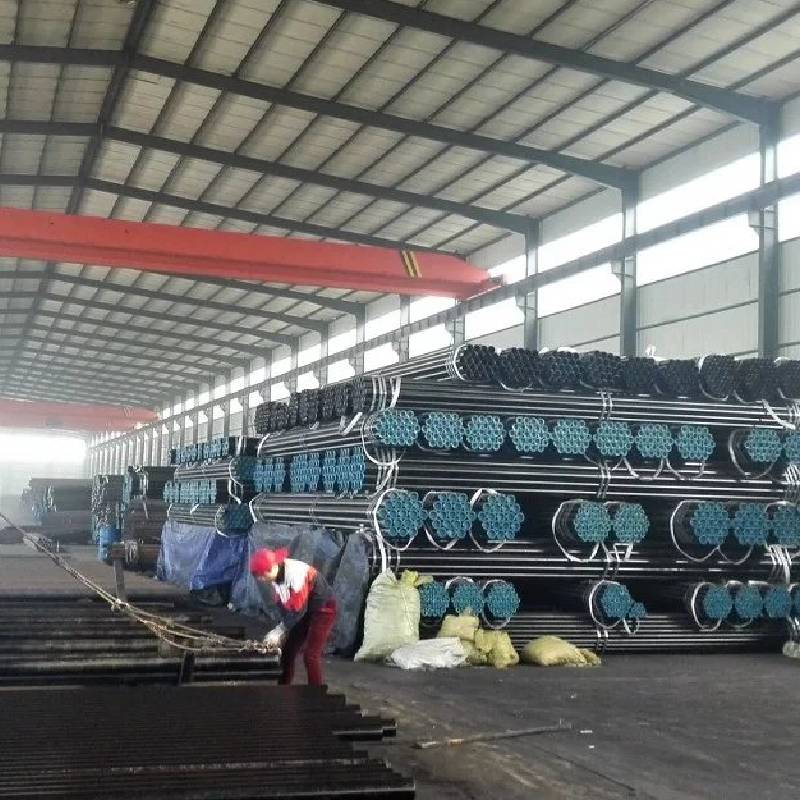-
Cangzhou Yulong Steel Co., Ltd.
-
Phone:
+86 13303177267 -
Email:
admin@ylsteelfittings.com
- English
- Arabic
- Italian
- Spanish
- Portuguese
- German
- kazakh
- Persian
- Greek
- French
- Russian
- Polish
- Thai
- Indonesian
- Vietnamese
- Zulu
- Korean
- Uzbek
- Hindi
- Serbian
- Malay
- Ukrainian
- Gujarati
- Haitian Creole
- hausa
- hawaiian
- Hebrew
- Miao
- Hungarian
- Icelandic
- igbo
- irish
- Japanese
- Javanese
- Kannada
- Khmer
- Rwandese
- Afrikaans
- Albanian
- Amharic
- Armenian
- Azerbaijani
- Basque
- Belarusian
- Bengali
- Bosnian
- Bulgarian
- Catalan
- Cebuano
- China
- China (Taiwan)
- Corsican
- Croatian
- Czech
- Danish
- Esperanto
- Estonian
- Finnish
- Frisian
- Galician
- Georgian
- Kurdish
- Kyrgyz
- Lao
- Latin
- Latvian
- Lithuanian
- Luxembourgish
- Macedonian
- Malgashi
- Malayalam
- Maltese
- Maori
- Marathi
- Mongolian
- Myanmar
- Nepali
- Norwegian
- Norwegian
- Occitan
- Pashto
- Dutch
- Punjabi
- Romanian
- Samoan
- Scottish Gaelic
- Sesotho
- Shona
- Sindhi
- Sinhala
- Slovak
- Slovenian
- Somali
- Sundanese
- Swahili
- Swedish
- Tagalog
- Tajik
- Tamil
- Tatar
- Telugu
- Turkish
- Turkmen
- Urdu
- Uighur
- Welsh
- Bantu
- Yiddish
- Yoruba

Jul . 27, 2024 08:46 Back to list
Exploring API Innovations in 5L B PSL1 for Enhanced Performance and Connectivity
Understanding API 5L B PSL1 A Critical Standard in Pipeline Steel
In the world of pipeline construction and transportation, the need for high-quality materials cannot be overstated. Among various specifications and standards that govern the manufacturing of steel pipes, API 5L B PSL1 plays a pivotal role. This specification, set forth by the American Petroleum Institute (API), outlines the requirements for line pipe used primarily in the transportation of oil and gas. Understanding API 5L B PSL1 is essential for engineers, manufacturers, and contractors who are involved in pipeline projects.
API 5L refers to the specification for the line pipe, which covers seamless and welded steel pipes that are used in the conveyance of fluids, specifically oil and gas. The “B” in API 5L B indicates a specific grade of steel. This grade is characterized by its strength, weldability, and corrosion resistance—qualities that are crucial for the safe and efficient transportation of hydrocarbons over vast distances.
Understanding API 5L B PSL1 A Critical Standard in Pipeline Steel
One of the key attributes of API 5L B PSL1 is its mechanical properties. For instance, the minimum yield strength can range from 235 MPa to 355 MPa, depending on the pipe wall thickness. This strength ensures that the pipes can withstand the pressures and stresses associated with the transportation of fluids. Additionally, the toughness of the steel is fundamental to its performance in various environmental conditions, including extreme temperatures and harsh weather.
api 5l b psl1

The manufacturing process of API 5L B PSL1 pipes usually involves methods such as electric resistance welding (ERW) and submerged arc welding (SAW). Each method has its own advantages and differences in terms of production efficiency, cost-effectiveness, and suitability for specific applications. The choice of the manufacturing method can impact the quality, hence the performance of the final product.
Another important aspect of API 5L B PSL1 is the stringent quality control that the pipes undergo throughout their production. This includes various tests—such as hydrostatic testing, non-destructive testing (NDT), and surface inspection—to ensure that the final product meets both the API standards and customer requirements. Adhesive bonding, coating applications, and corrosion-resistant treatments can also be applied to enhance the longevity and service life of the pipes.
In terms of applications, API 5L B PSL1 pipes are widely used in various projects involving gas transmission, crude oil transport, and water supply. Their versatility and reliability make them a popular choice among contractors and pipeline operators. With the rise of global energy demands, adherence to standards like API 5L is essential for maintaining safety and efficiency in energy transport.
In conclusion, API 5L B PSL1 represents a critical standard in the manufacture of pipeline steel. Its combination of strength, durability, and cost-effectiveness makes it an ideal choice for various oil and gas applications. By understanding the nuances of this specification, stakeholders can make informed decisions that ultimately contribute to safe and efficient energy transport. As the industry continues to evolve, adherence to such standards will remain paramount in ensuring the integrity and sustainability of pipeline operations across the globe.
Latest news
-
ANSI 150P SS304 SO FLANGE
NewsFeb.14,2025
-
ASTM A333GR6 STEEL PIPE
NewsJan.20,2025
-
ANSI B16.5 WELDING NECK FLANGE
NewsJan.15,2026
-
ANSI B16.5 SLIP-ON FLANGE
NewsApr.19,2024
-
SABS 1123 FLANGE
NewsJan.15,2025
-
DIN86044 PLATE FLANGE
NewsApr.19,2024
-
DIN2527 BLIND FLANGE
NewsApr.12,2024
-
JIS B2311 Butt-Welding Fittings LR/SR 45°/90° /180°Seamless/Weld
NewsApr.23,2024











